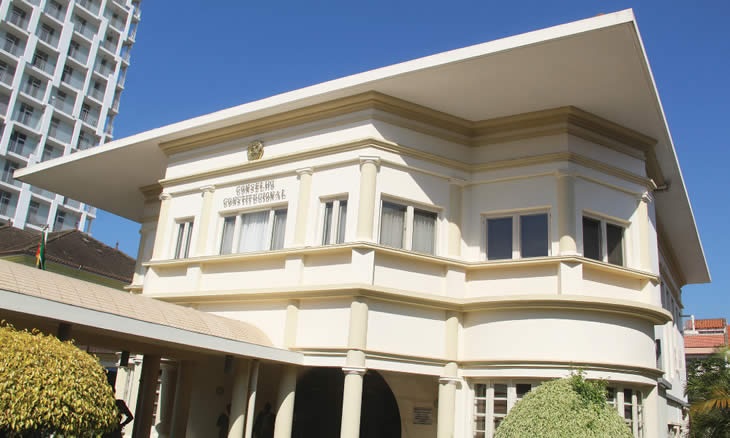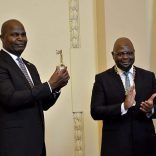Mozambique: Thousands of classes study outdoors, sitting on ground - Minister
Constitutional Council rejects Marromeu appeal, but two judges say electoral fraud is allowed and blame STAE – CIP Mozambique Elections

File photo: O País
An appeal against the district court ruling in Marromeu was rejected by the Constitutional Council (CC) on Friday 22 December. The first 11 October round had been so corrupted that the CC ordered a new election in Marromeu on 10 December. The rerun was even worse and the Mais Integridade civil society observation Consortium “concluded that no institution can declare with any credibility or certainty which list won in Marromeu.”
But the district election commission gave the victory to Frelimo, the district court rejected Renamo’s appeal, and the CC backed the district count, largely by not allowing Renamo to submit evidence on bureaucratic grounds.
After the five Frelimo-supporting judges on the CC rejected the Renamo appeal, Albino Nhacassa and Manuel Franque, the two judges named by Renamo, issued a dissenting opinion. They say “the electoral system currently in force is unable to punish in due time all the electoral offences intentionally committed. Those responsible, knowing that they will go unpunished, favour particular candidates, showing that they have incorporated a pattern of behaviour that in no way favours the justice and transparency of elections.”
The repeat of the current municipal elections has shown once again, the two judges add, that the irregularities that occurred in Marromeu are the consequence of the defective organisation, administration and management of the elections.
They stress the problems with elections in Mozambique originate in the electoral management bodies, specifically in STAE (Electoral Administration Technical Secretariat) and the CNE (National Elections Commission). They argue that “it is STAE that undertakes all the electoral operations, from the count of the votes to the calculation of number of seats for each participant, and including drawing up the polling station minutes and results sheets (editais), which is the key moment for adulterating the results”.
The five judges appointed by Frelimo to the Constitutional Council are Lúcia Ribeiro (Chair), Odzias Pondja, Domingos Cintura, Albano Macie and Mateus Saize.
The two judges appointed by Renamo propose the introduction of electronic voting as a way of stopping electoral offences that are committed intentionally, but are not punished under the current election system.
The CC website is back on line, after having been closed for the almost entire municipal election process. The CC ruling on Marromeu, including the dissenting opinion, is on https://cconstitucional.org.mz/wp-content/uploads/2023/12/Acordao-49-CC-2023.pdf
We will publish a special report on Marromeu, showing the level of fraud and how the electoral court system was not designed to deal with major frauds such as alleged fake editais.













Leave a Reply
Be the First to Comment!
You must be logged in to post a comment.
You must be logged in to post a comment.